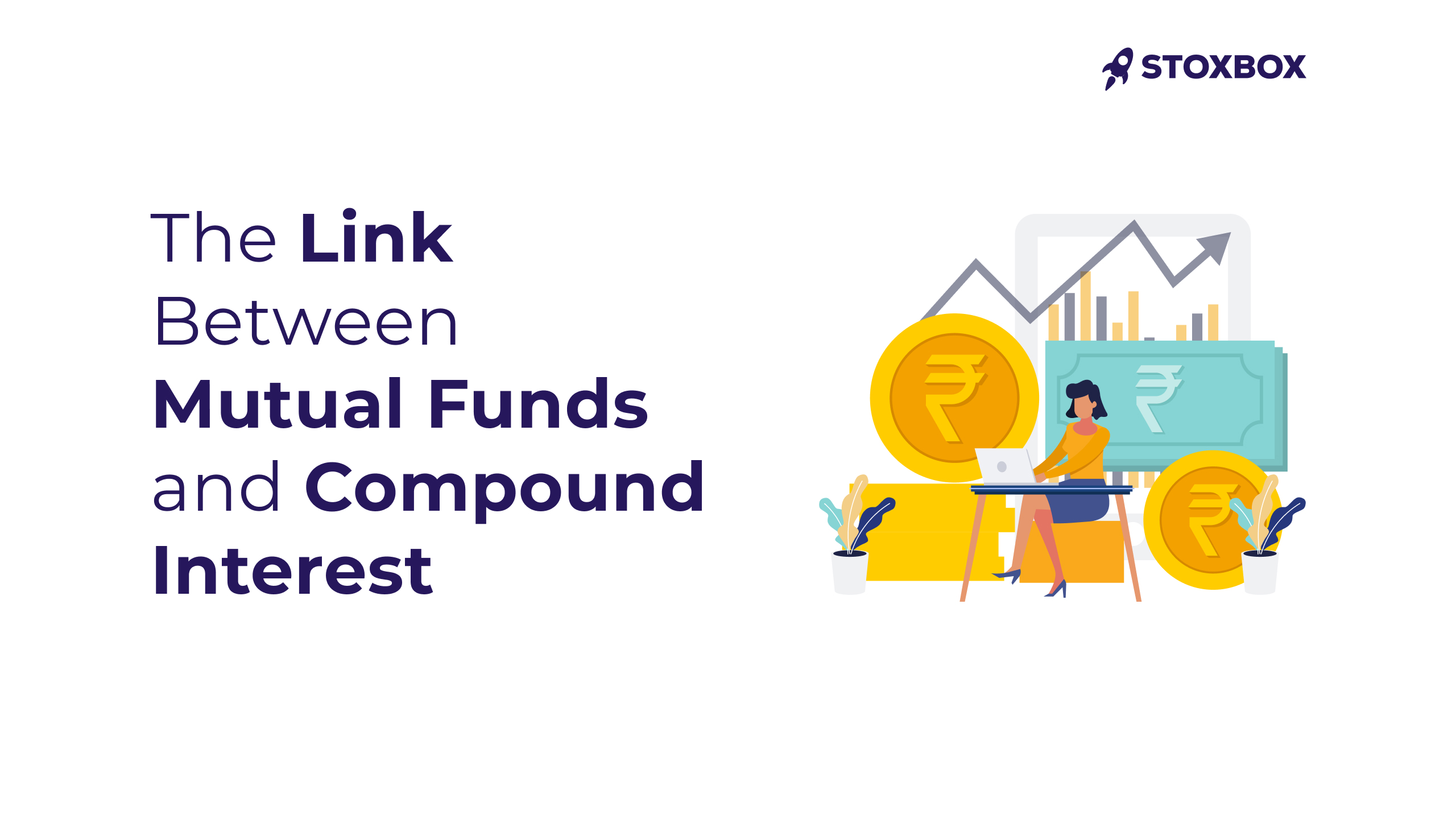Understanding how mutual fund and compund intrest are related to each other
Table of Contents
The Link Between Mutual Funds and Compound Interest
If you are asked to name some legendary investors, chances are that you will list Warren Buffett among the names you jot down. One of the most renowned and exemplary investors known to us, Buffett has earned both fame and wealth during his career. In his own words, “My wealth has come from a combination of living in America, some lucky genes ,and compound interest.” While he has named compound interest as the third reason for his success, it is something that everyone can leverage and utilise. Buffett grew his wealth from 140,000 dollars at 26 years of age, to 80 billion dollars at 90, a huge accretion that can be attributed, at least partly, to the power of compound interest.
According to Albert Einstein, “Compound interest is the eighth wonder of the world. He who understands it earns it … he who doesn’t … pays it.” He meant to say that, if people understand the concept, they will be able to invest in a way that helps them earn compound interest and grow their wealth sustainably. And, if they do not understand the import of the concept, they will end up paying for it through the vicious cycle of debt, as well as the ability to grow the wealth they accumulate. So what exactly is compound interest and what is the link between mutual funds and compound interest?
The Concept of Compounding
When your investment has the power of compounding, it is capable of offering you compound interest, which is, in simple terms, interest on both your principal as well as the pre-accumulated interest. It differs from simple interest as the latter does not add the pre-accumulated interest to the principal when calculating the interest payout in the next term. Let us consider an example here to better grasp the concept. Two friends, Pradeep and Shiwani, decide to start investing at the same time, and with the same corpus, which is 1 lakh rupees. The only difference between their investments is the fact that, while Pradeep is receiving 5% simple interest on his investment, Shiwani is eligible for compound interest at 5%. Over the next 10 years, Pradeep’s corpus would grow by 50,000 rupees, earning 5000 rupees of interest per year. However, Shiwani’s corpus would grow by almost 62,890 rupees.
The reason behind this disparity is compound interest. Whereas Pradeep received 5000 rupees on his principal every year, Shiwani’s interest in the second year was calculated in an amount of 1 lakh and 5000 rupees, which is the sum of her principal and the interest earned the previous year. This trend would continue for the remaining 8 years, thus offering her more interest than Pradeep. While the difference may not seem substantial at present, it will snowball significantly if the interest rate and the principal amount are higher. Add to it a longer tenure and Shiwani would be on her way to investing heaven. The difference between wealth and money is in its sustainability. If you spend all your money today, you will end up bankrupt but, if you invest your money in a compound interest vehicle, you will be able to grow and accumulate wealth for the longer term. And that is what mutual funds help you do.
The Link Between Mutual Funds and Compound Interest

Mutual funds are professionally managed investment vehicles that pool the wealth of investors and take investment calls aimed at offering the maximum returns at the least possible risk. Mutual funds are an excellent avenue for wealth creation as your money is managed by trained and experienced professionals who take informed decisions on your behalf and offer you returns that are in line with or above the market. On a longer-term basis, mutual funds across categories have helped a variety of investors sustainably grow their wealth, helping them optimally fulfil their financial goals So, what exactly is the link between mutual funds and compound interest?
Mutual funds offer you interest and return in several ways, the first being the money you receive from the dividends earned on the securities in which your scheme invests. For instance, if your fund invests in shares of HDFC Bank, and the bank offers a dividend, then you will receive a portion of it, proportionate to the number of units you hold, in the form of distributions. You will also earn returns in the form of the capital gains you receive upon the sale of the underlying securities. In addition to this, your money earns compound interest during the tenure of your investment. Compound interest is earned on the principal amount as well as the additional interest you have earned. Therefore, your compound interest grows in direct proportion to the amount of money you invest, and the tenure of investment. This is why Buffett has often stressed the importance of beginning early and continuing for the longer term because, the more money you invest, and the longer you leave it invested, the greater is the power of compounding you enjoy.
This is also why systematic investment plans are considered an excellent option for growing wealth. Even if you start small, your money has the power to offer robust returns over the longer term, thanks to the magical power of compounding! Now that you know of the link between mutual funds and compound interest, what are you waiting for? Start growing your wealth right away!
Your Wealth-Building Journey Starts Here

You might also Like.
No posts found!
